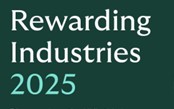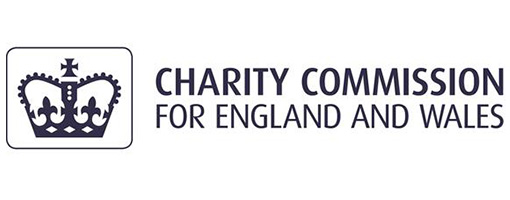The rise in National Insurance Contributions for employers is placing ‘unprecedented financial pressure’ on UK charities, with over half of charities facing risk of closure.
According to Howden’s Rewarding Industries 2025 report, the rise in employer NICs from 13.8% to 15%, has emerged as the single biggest challenge for the sector.
The report, which is based on a survey of 314 financial decision-makers in UK charities, found the rise imposes unaffordable costs on organisations that are already operating on tight budgets, with limited ability to offset the increase.
Such pressures are knocking the confidence of many charities, which claim to be facing closures over the next year as they grapple to plug financial black holes.
Of those surveyed, 51% of charities say they are at risk of closing in 2025, up from 43% in 2023.
Largest charities have been hit the hardest, as those with higher wage bills are more likely to be cutting staff salaries and benefits to cope with the NIC burden.
Many charities claim fundraising has become more difficult and will be unable to fill the gap (57%), while 55% say the shift away from cash donations is hurting their efforts.
The report also reveals that many charities are being forced to make difficult decisions to stay afloat, including freezing of cutting staff salaries (19%), while 21% are reducing benefits.
Others are downsizing office space, switching to remote work, or seeking corporate partnerships to offset rising costs.
“This NIC hike couldn’t have come at a worse time,” Howden’s associate director, Mark Fisher said.
“Charities are already stretched thin by rising costs and falling donations. Now, they’re being asked to absorb a tax increase they simply can’t afford — and unlike businesses, they can’t pass those costs on. It’s not just about numbers on a balance sheet.
“It’s about whether a domestic abuse survivor gets help, whether a disabled person can access transport, whether a food bank stays open. Charities are not just part of the economy — they’re part of the social fabric. We need to ensure they’re not penalised for employing people to do good.”
Despite financial hurdles, the report highlights many charities are demonstrating resiliance by embracing technology, forming corporate partnerships and investing in staff wellbeing and flexible working.
Two-thirds (66%) of charities say their financial position has improved compared to last year, and 62% expect further improvement in the next 12 months.
You can read the Rewarding Industries 2025 report in full here.
Latest News
-
More than 30 jobs at risk as hospice charity looks to close home care service
-
Christian charity’s failed bid to buy a new church breached fundraising code
-
More than 350km commuting ‘challenge’ leads to charity CEO’s departure
-
Career Path: From corporate leadership to community wellebeing
-
Mary Jane Roberts: What a board game reveals about the future of charities
-
Police confirm arrests amid abuse allegations at health charity’s hospital
Charity Times video Q&A: In conversation with Hilda Hayo, CEO of Dementia UK
Charity Times editor, Lauren Weymouth, is joined by Dementia UK CEO, Hilda Hayo to discuss why the charity receives such high workplace satisfaction results, what a positive working culture looks like and the importance of lived experience among staff. The pair talk about challenges facing the charity, the impact felt by the pandemic and how it's striving to overcome obstacles and continue to be a highly impactful organisation for anybody affected by dementia.
Charity Times Awards 2023
Mitigating risk and reducing claims

The cost-of-living crisis is impacting charities in a number of ways, including the risks they take. Endsleigh Insurance’s* senior risk management consultant Scott Crichton joins Charity Times to discuss the ramifications of prioritising certain types of risk over others, the financial implications risk can have if not managed properly, and tips for charities to help manage those risks.
* Coming soon… Howden, the new name for Endsleigh.
* Coming soon… Howden, the new name for Endsleigh.
Better Society

© 2021 Perspective Publishing Privacy & Cookies














Recent Stories